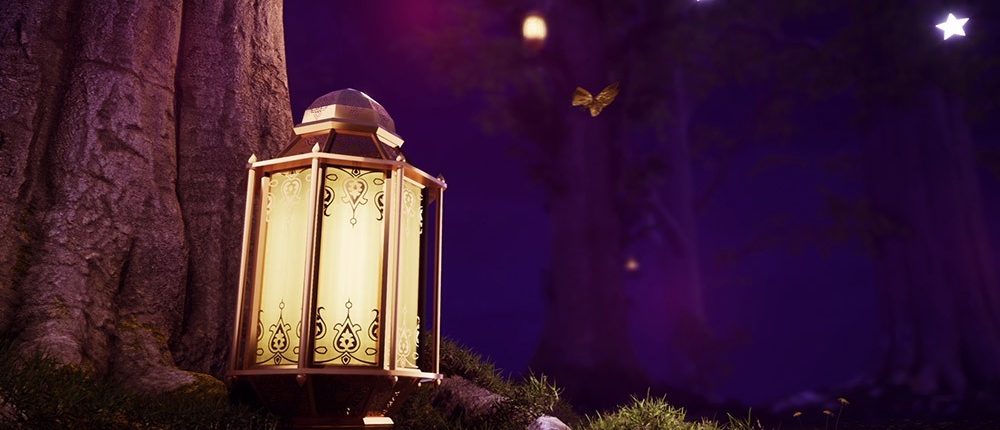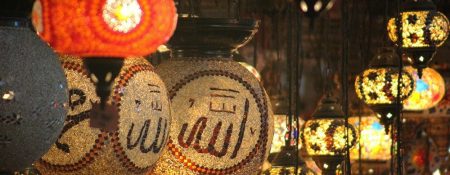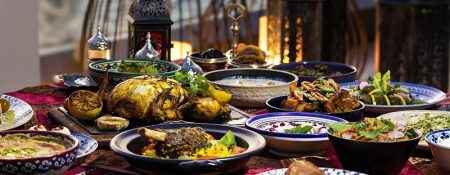
Thus, according to Pew Research Center studies in 39 countries, about 93 percent of residents fast during Ramadan (data for 2012). This percentage is lower for Europe and Central Asia and traditionally high for the Middle East, South and Southeast Asia and most African countries. The study also shows that fasting is the most frequently performed practice. A smaller percentage — 77% of Muslims indicated that they donate — perform zakat during the holy month. 63% do five prayers per day. And only 9% of Muslims say they have already completed the hajj.
The significance of Ramadan cannot be overestimated to strengthen ties in the community. The fast unites families, friends, colleagues and all parishioners of the same mosque in a single practice. Also, every believer in his individual practice of renouncing physical pleasures and enhancing spiritual quest will feel unity with Muslims around the world.
O Allah, on this day, open for me the doors of Your Grace, send down on me its blessings, help me towards the causes of Your mercy, and give me a place in the comforts of Paradise, O the one who answers the call of the distressed.




Ramadan, the holiest month in the Islamic calendar, is a time of spiritual reflection, self-discipline, and communal unity for Muslims around the world. In the United Arab Emirates (UAE), Ramadan holds significant cultural and religious importance, shaping the rhythm of daily life and fostering a unique atmosphere of warmth and spirituality.
The vibes of Ramadan in the UAE are palpable, as the entire country undergoes a transformative experience. From the breaking of dawn until the setting of the sun, the streets come alive with a sense of anticipation and reverence. The bustling cities slow down, and a serene ambiance takes over as families and communities come together to observe this sacred month.
One of the most cherished aspects of Ramadan is the spirit of giving and charity. Throughout the month, Muslims are encouraged to practice acts of kindness, generosity, and compassion towards those less fortunate. In the UAE, numerous charitable initiatives and community-driven efforts are organized to support those in need, reflecting the country's commitment to fostering solidarity and empathy.
The cultural importance of Ramadan in the UAE is deeply ingrained in the fabric of society. It is a time for strengthening familial bonds, reconnecting with loved ones, and honoring traditions passed down through generations. Families gather each evening for Iftar, the meal to break the fast, where a rich tapestry of traditional Emirati cuisine is shared and enjoyed in a spirit of unity and gratitude.
The UAE also embraces the diversity of its population during Ramadan, with residents from various cultural backgrounds coming together to partake in the festivities. Non-Muslims are welcomed to join in the spirit of Ramadan, participating in community events, and sharing in the sense of togetherness that defines this auspicious month.
Celebrations during Ramadan in the UAE extend beyond the confines of the home, with vibrant Ramadan tents set up in public spaces and hotels offering lavish Iftar buffets. These gatherings serve as focal points for socializing, where friends and colleagues come together to enjoy sumptuous meals and engage in lively conversations late into the night.
As the month draws to a close, the atmosphere becomes even more heightened with the arrival of Eid al-Fitr, the festival marking the end of Ramadan. Streets are adorned with festive decorations, and families gather to celebrate with feasts, gift-giving, and prayers of gratitude.
In essence, Ramadan in the UAE is a time of spiritual renewal, cultural celebration, and communal harmony. It serves as a poignant reminder of the values of compassion, tolerance, and unity that form the bedrock of Emirati society, making it a truly special and cherished time for all who call the UAE home.